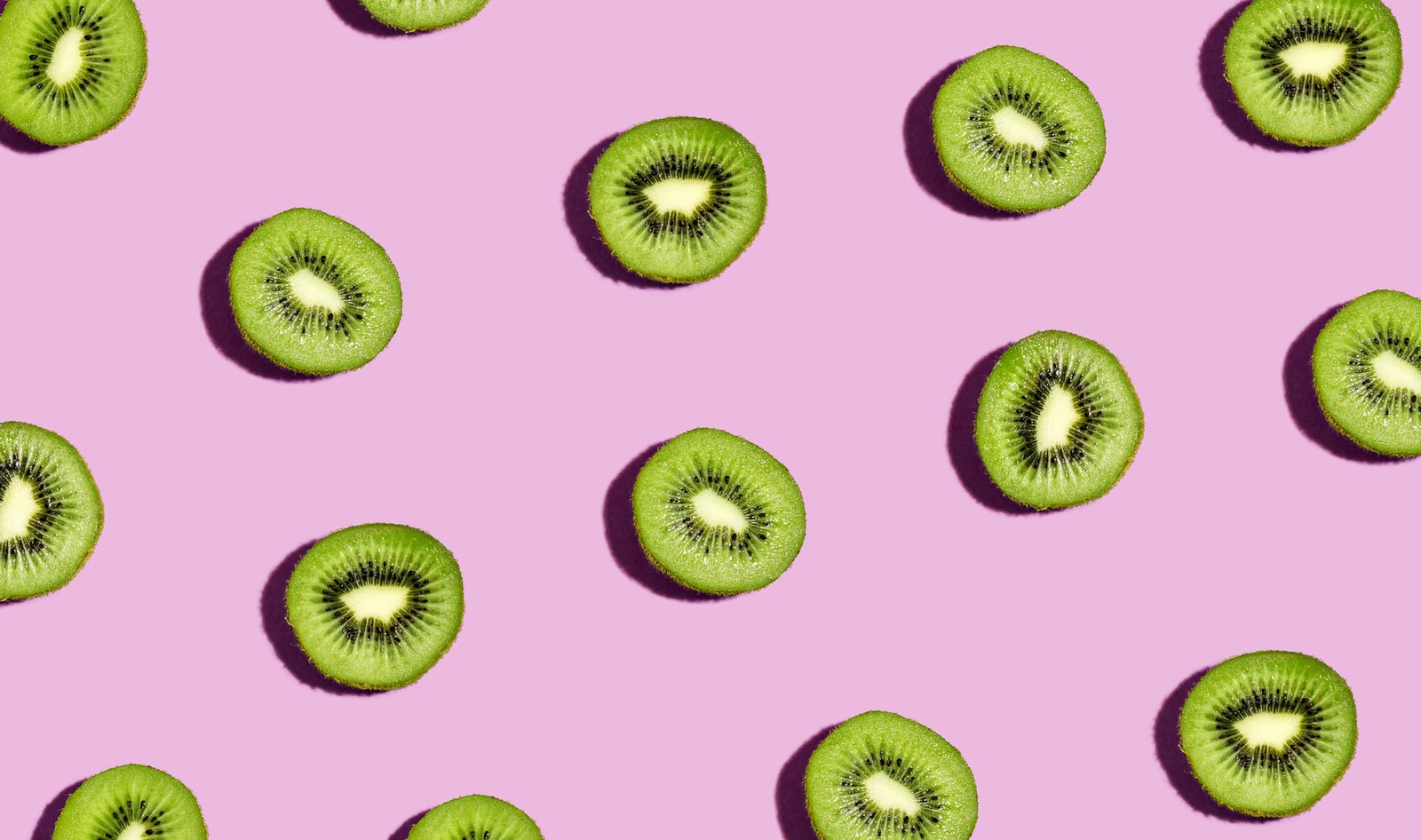You know it is going to be a rough few days when the sore throat, runny nose, headache, cough, and body aches begin. Often, these ailments—aka, a common cold and the flu—are caused by the rhinovirus, respiratory syncytial virus, parainfluenza virus, and the influenza viruses.
For a few reasons, these are all more common in the colder months. Firstly, research suggests that cold air itself can weaken the body’s immune response—but also, people are inside more often when it’s chilly outside, which means viruses can hop from one to another with more ease. But, it turns out, if you come into contact with a nasty cold or flu, eating certain plant-based foods can help you fight them off. Here, we take a closer look at why.
 Pexels
Pexels
Do vegans get sick?
Contrary to popular belief, vegans can get sick, too. For those who do not follow a balanced, nutritious diet, the risk may be higher, and this is because vitamin and nutrient deficiencies can trigger a significant decrease in our immune system function, therefore allowing the invasion of viruses into our bodies.
Does food stop you from getting sick?
The good news is that certain plant foods may help prevent—and even treat—the common cold and flu. Here are five foods I recommend to my sick patients. Of course, if you find that you develop a high fever, have trouble breathing, or have a sudden worsening in your symptoms, you should call your doctor immediately.
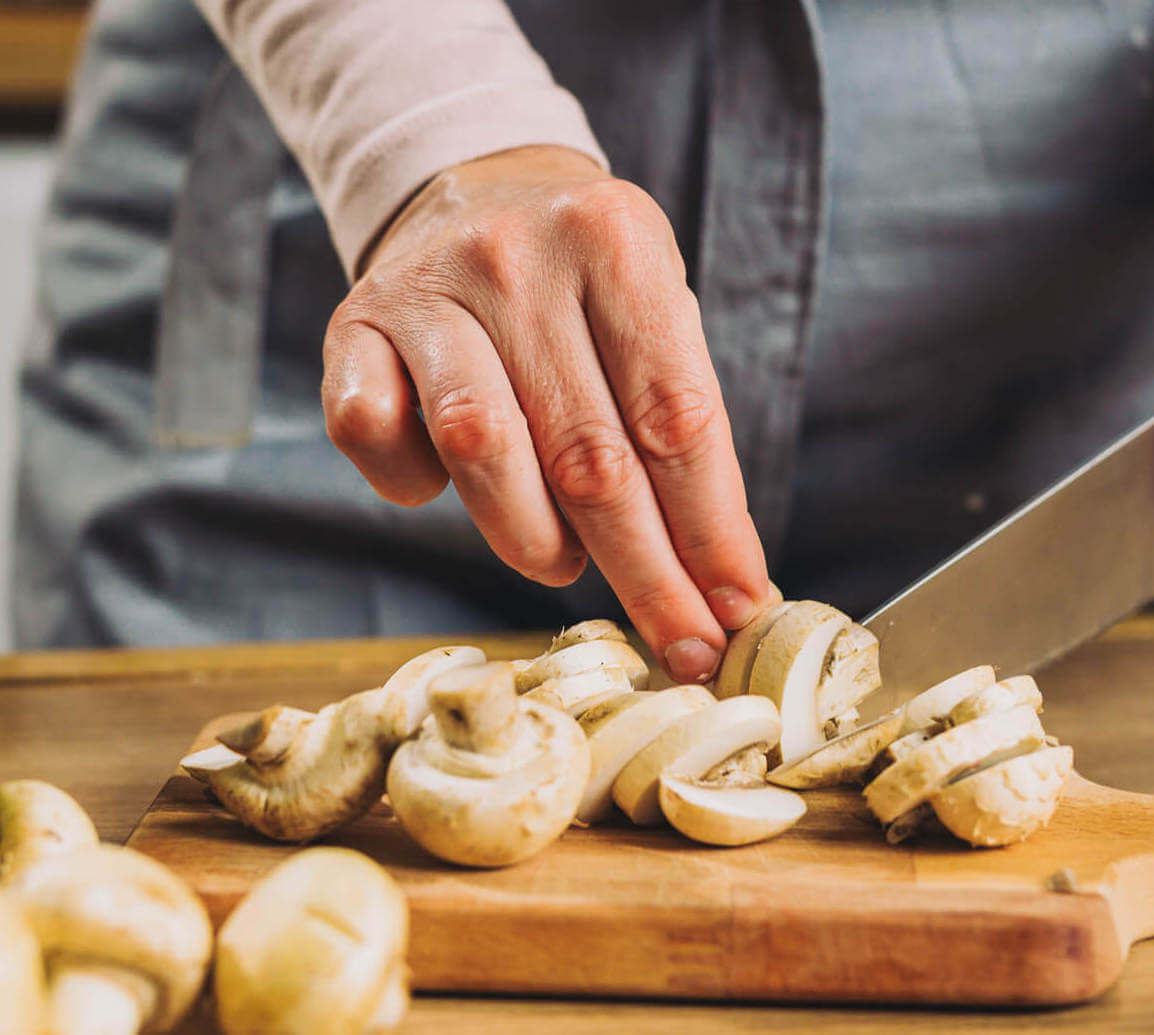 Cherry and Bees
Cherry and Bees
1 Fungi
Besides breaking down dead organic material and providing medications such as penicillin, mushrooms are also beneficial by boosting natural killer-cell activity. Natural killer cells are a type of white blood cell that binds to virus-infected cells and then kills them (hence the name). Don’t forget you should eat cooked mushrooms—not raw—as they contain naturally occurring agaritine, a potentially toxic substance that is deactivated by cooking.
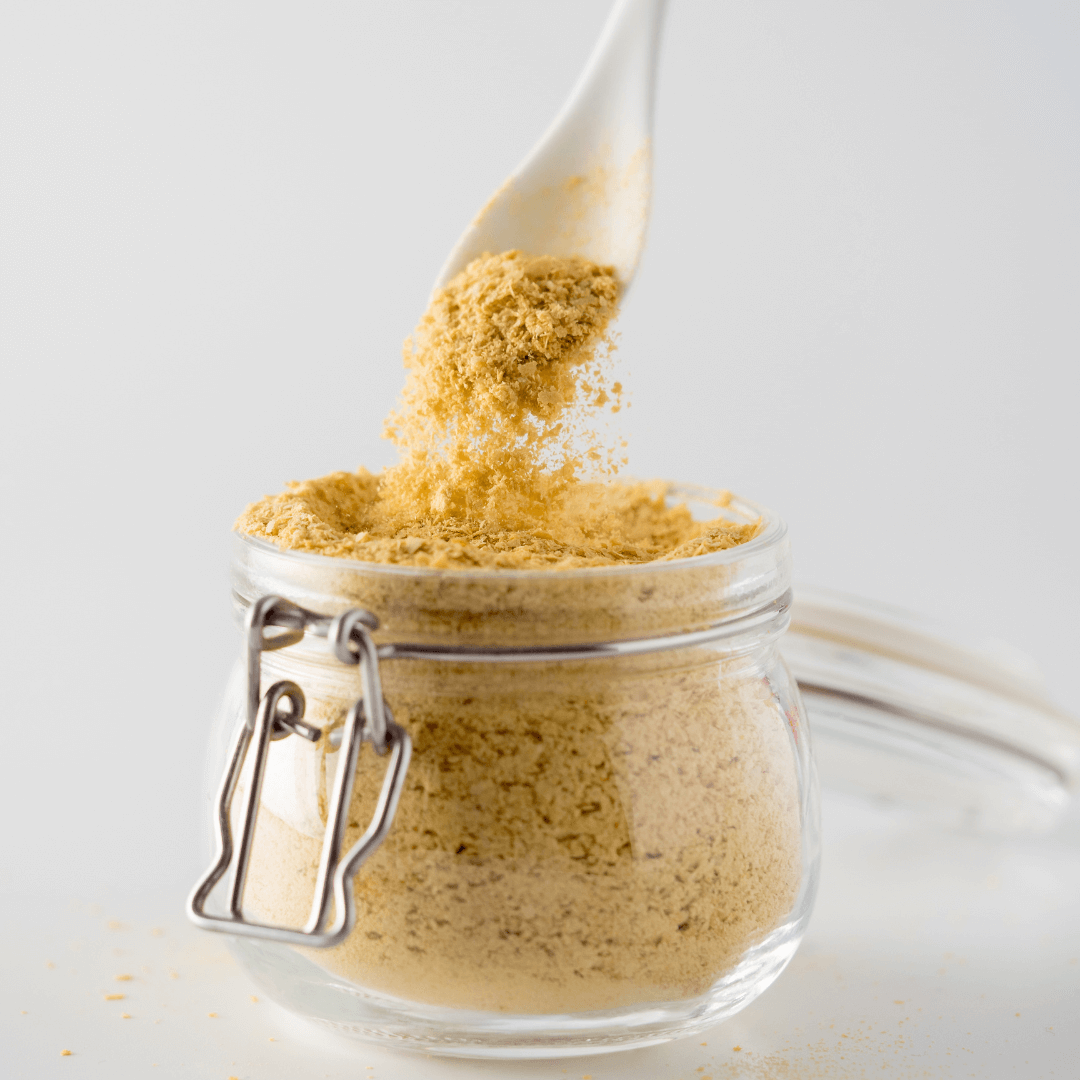 Canva
Canva
2 Nutritional yeast
Besides being delicious, nutritional yeast also helps you when you are sick. Research suggests a spoonful of nutritional yeast a day reduces common cold recurrence by 25 percent, so go nooch! Additionally, nutritional yeast boosts the immune system but also suppresses the inflammatory response that might arise as the immune system raises its defenses.
 Unsplash
Unsplash
3
Kiwifruit
When eaten by elderly people (typically those over 65), the consumption of kiwifruit can reduce the severity and length of a cold from one to five days. For preschool-aged children, kiwifruit decreases the risk of getting a cold or the flu by 50 percent. Therefore, adding sliced kiwifruit to your salad is not only sweet for your taste buds but also for your immune system.
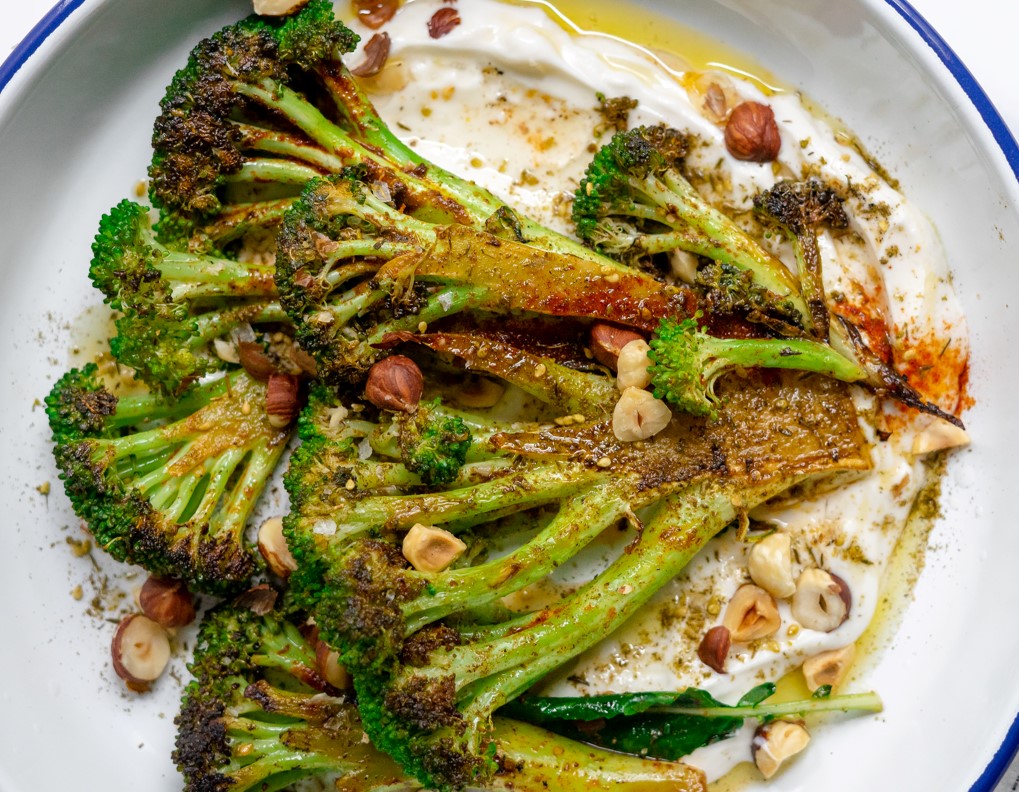 Micah Siva
Micah Siva
4
Cruciferous vegetables
Arugula, bok choy, broccoli, Brussels sprouts, cabbage, collard greens, kale, kohlrabi, mustard, rutabaga, and turnips are just a few vegetables from the cruciferous family known for their anti-cancer properties. What many people don’t know is that these foods also support the immune system when isothiocyanates are released. Isothiocyanates are created when the vegetables are chewed or chopped up, which is one reason why having a green smoothie every day is recommended. These crunchy cruciferous vegetables also support the immune system’s interferon activity. Interferon is a protein released by the body’s cells when it has been invaded by a virus or other pathogen, altering neighboring cells to increase their defenses. Therefore, the interferon “interferes” with the virus’s ability to replicate.
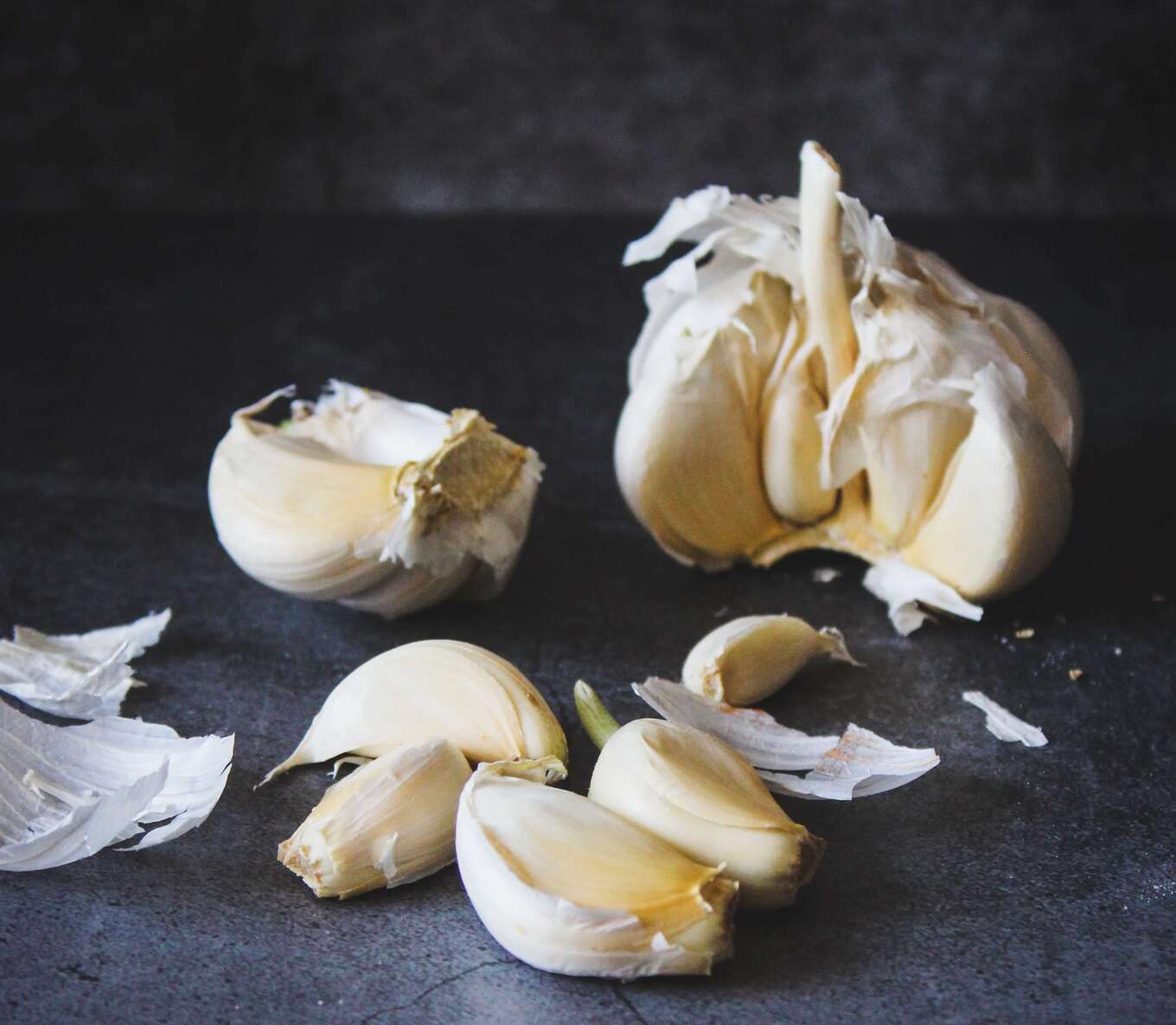 Unsplash
Unsplash
5 Garlic
Garlic does more than keeping vampires away, as it enhances the immune system, too. Chopping garlic and letting it sit for 15 minutes prior to cooking and eating it is necessary because crushing the plant cells triggers the enzyme reaction that activates the healthy compounds. Garlic stimulates certain immune system cell types such as macrophages, lymphocytes, natural killer cells, dendritic cells, and eosinophils. Each has an important role in keeping us healthy: macrophages gobble up cellular debris and act as scavengers, clearing the body of waste and foreign substances, while lymphocytes and eosinophils are types of white blood cells that respond to different types of infection or inflammation (such as viral infections and allergic reactions); natural killer cells are a type of lymphocyte that are integral in fighting off viral infections; and dendritic cells are immune system messenger cells.
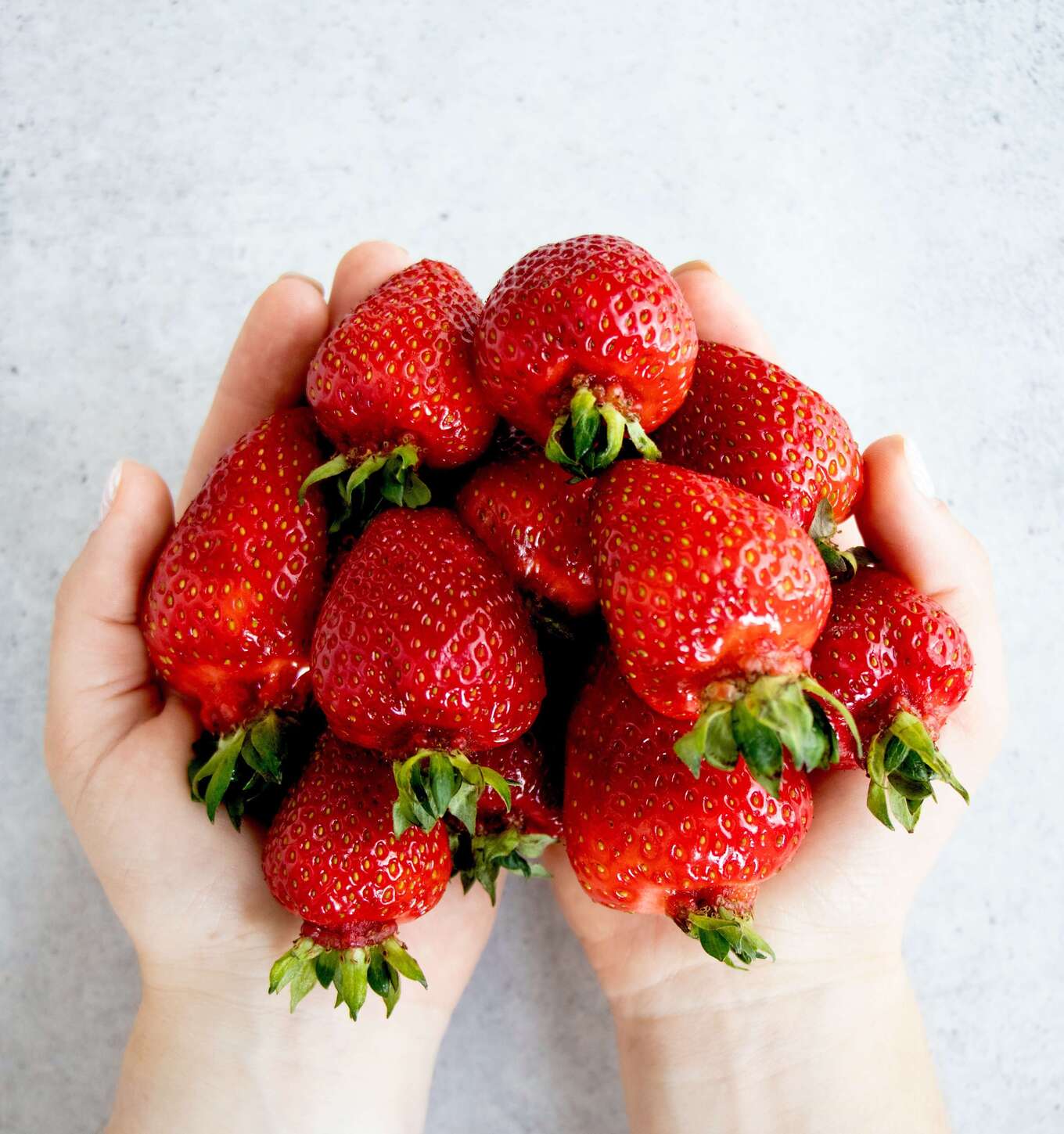 Unsplash
Unsplash
6
Berries
Berries such as Indian gooseberries, wild bilberries, strawberries, currants, and goji berries contain a high antioxidant content. Antioxidants protect our cells by neutralizing free radicals that cause damage through oxidative stress. Antioxidants found in elderberry juice can shorten the duration of the flu, while the resveratrol in grapes stops the flu virus from replicating. Adding berries to your oatmeal or a teaspoon of Indian gooseberry (also known as AMLA) powder to your smoothie in the morning is not only a great way start to your day but could also help prevent the next cold or flu virus from attacking you.
Laurie Marbas, MD, MBA, is co-founder and chief medical officer at Mora Medical, which provides physician-led support groups to help people accomplish their health goals.
For more tips to fight the common cold and flu, read:
JUMP TO ... Latest News | Recipes | Guides | Health | Subscribe

